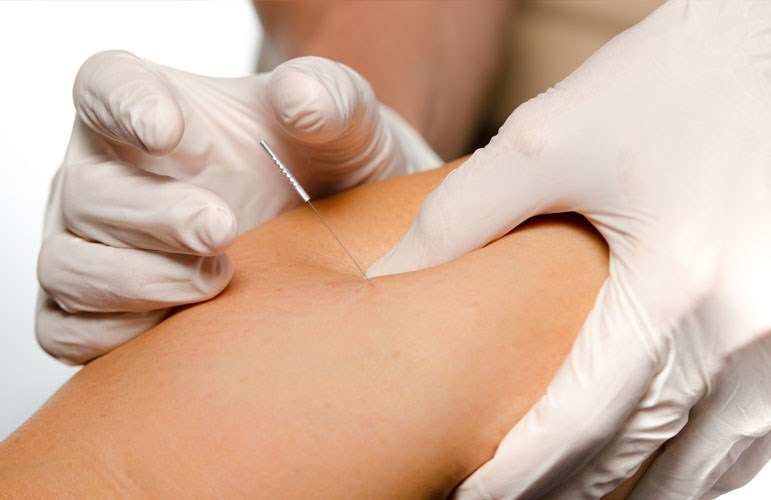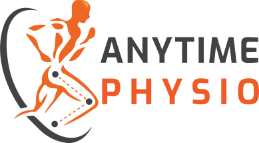
There are often many misconceptions about dry needling because it is often mistaken for acupuncture and is regarded as a non-medical treatment. In effect, many patients have preconceived notions that can prevent them from seeking the care they need. Fortunately for you, we have just the facts you need to ensure that you get a clear understanding of dry needling.
This article will discuss common questions associated with dry needling to help you understand what its uses are for your health and well-being. Take this as an opportunity to seek the best alternatives to alleviate various medical complications.
What is dry needling? Isn’t it the same as acupuncture?
You can easily mistake dry needling for acupuncture because both methods require needles and an understanding of the human body. However, the focus and origins of dry needling are vastly different from the Qi-focused, Chinese-developed practice of acupuncture.
Dry needling started in the United States as a means to decrease muscle tension and improve functionality by targeting trigger points in the musculoskeletal system. Dry needling can even enable the natural healing process of the body as backed by medical research. It is comparable but different to acupuncture, which started as a traditional Chinese medicine based more on energy flow and the conventional understanding of human anatomy.
Does dry needling hurt? Is it safe?
You may generally fear needles due to your past experiences with vaccines and other kinds of injections. But don’t worry; dry needling is a relatively painless treatment, and you will only feel a tiny, momentary sting during needle insertion in each trigger point.
Dry needling is also a perfectly safe form of physiotherapy treatment. Before the insertion of needles, your physiotherapist will first ensure that the needles are properly sterilised. They will also identify each trigger point on your skin and clean it with alcohol and cotton swabs. They will also use gloves or wash their hands before every dry needling session.
Before a dry needling session, medical screening may take place to ensure your safety and avoid any medical complications upon treatment. For instance, if you are immunocompromised, you will not be recommended for dry needling.
How long is a dry needling session? How often would I need it?
The time of dry needling varies depending on your condition and its severity. However, a typical dry needling session takes approximately thirty minutes. You also have to undergo dry needling for at least two to three sessions before you can move more freely and feel the myofascial pain fade away. It also takes time for the biomechanical flow of blood and air to normalise.
Is dry needling expensive? Would I need other treatments along with dry needling?
You may think that dry needling is expensive because of the common misconception that only the rich can afford these kinds of services. However, that is not the case at all. We have affordable, cost-effective treatments that can save you money. Dry needling and other physiotherapy services can cost less than other medical treatments that don’t target pain alleviation at all, resulting in complications such as restricted mobility.
You also have to expect that dry needling may not only be the only treatment you need to correct your body’s posture and alleviate chronic pain. It depends on the professional recommendation of your physiotherapy. Feel free to contact us if you have any other related questions.
Conclusion
You now have a better understanding of dry needling and its applications to your health and well-being. All you have to do is find the best, local physiotherapists to guide you. Remember all the previously mentioned information and consider dry needling for your next treatment.
Are you looking for professional dry needling services in Brisbane? Contact us at Anytime Physio. We are your dedicated team of experienced physiotherapists that can provide you with the best services to better your health and well-being. Consult with us today and benefit from dry needling and other professional physiotherapy services!

